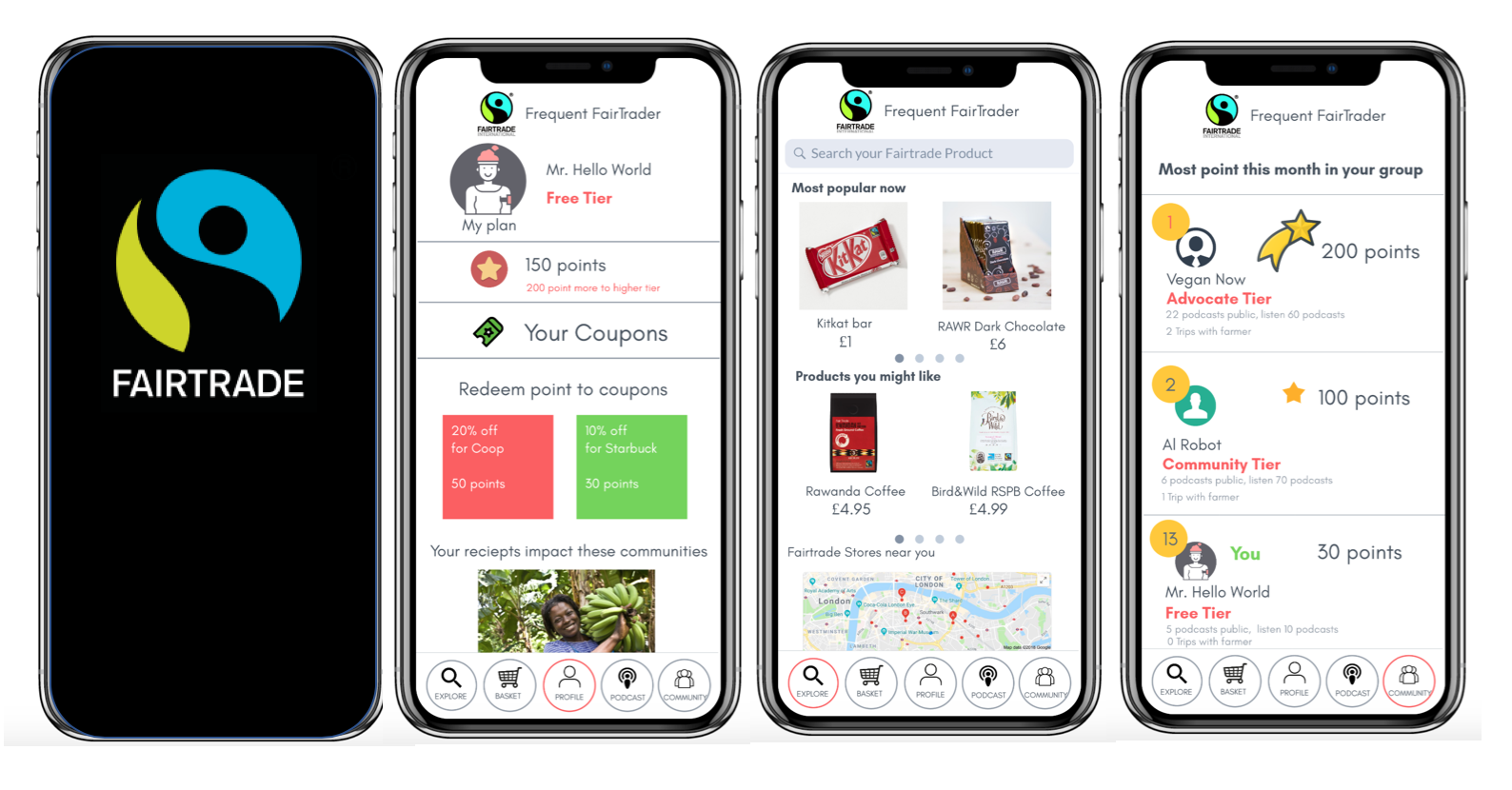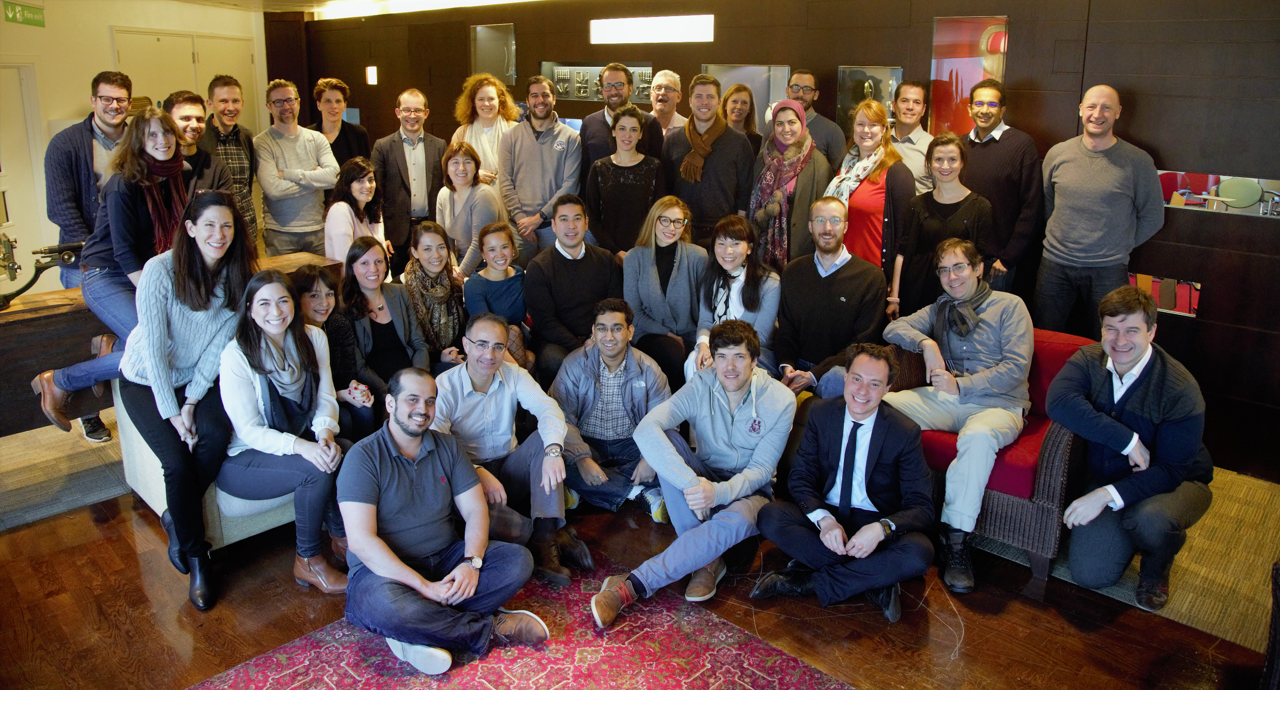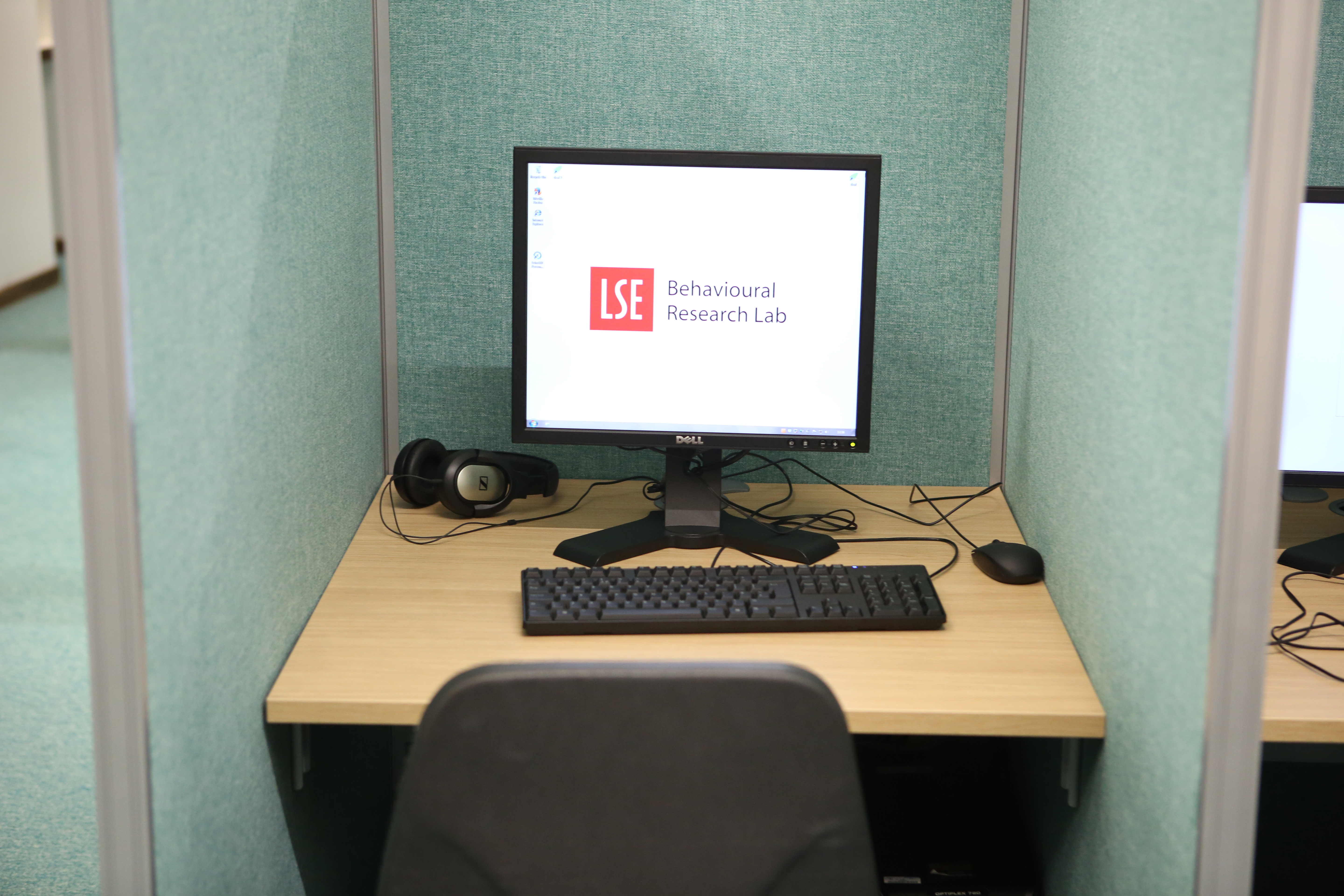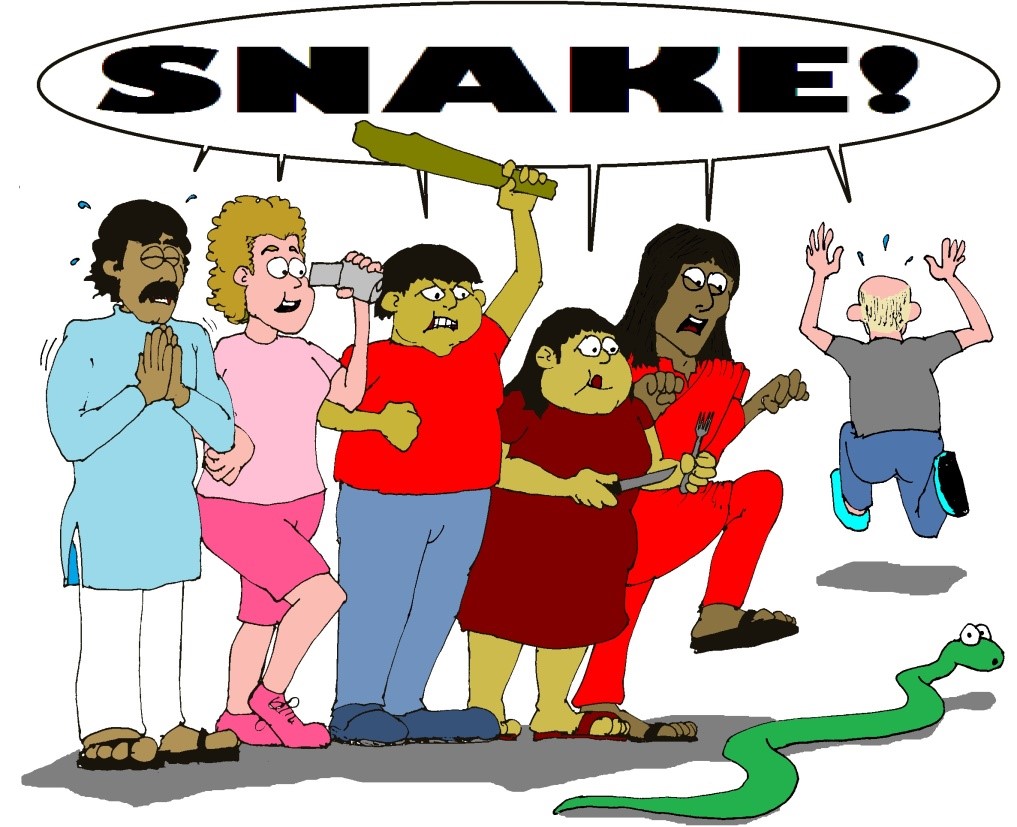By Ian Burbidge
Whereas in the 20th Century much of the wealth that was created went to those who controlled real estate and oil, many argue that in the twenty-first century it will go to those who control our attention. We find ourselves hooked on the variable rewards of messages, notifications and likes, subconsciously seeking the dopamine hit these intermittent electronic rewards give us. If we do not adequately arm ourselves in this battle for our attention, what will be the impact on our own performance and wellbeing?
The very fact that we are said to ‘pay attention’ to something suggests not only that we can choose how to spend our limited budget of attention on activities but also that this choice extracts a cost. The average American now takes in the information equivalent of 175 newspapers a day, information delivered through numerous channels that competes for our attention: we check our smartphones 85 times a day and our email every 6 minutes. At work, 57% of tasks are interrupted, thereby extending the time taken to complete the task, and 41% are not even resumed after an interruption.
I undertook a field survey of knowledge-workers to identify the extent of the issues with separate lab research to test the impact of interruptions on performance and wellbeing. The field survey of over 150 knowledge-workers found that 77 percent of respondents were interrupted all the time or frequently, with 62 percent agreeing this made it difficult to do their job effectively, and two-thirds saying they multi-tasked all or some of the time. Little wonder that around a third of a knowledge-worker’s day is characterised by interruptions that necessitate task-switching.
However, neuroscience has shown that multi-tasking is actually a myth due to the fact we can only pay attention to one thing at once. In reality, the ability to maintain performance whilst being interrupted requires rapid switching of our attentional focus in and out of tasks.
How do we cope with these interruptions? How do they impact on our performance at work? The lab research sought to investigate this, measuring task performance on both a substantive task (a fluid intelligence test) and on a series of short tasks that formed interruptions to the substantive task. Well-being was evaluated through measures of fatigue.
Fluid intelligence has been shown to correlate with cognitive flexibility and executive functioning – the essential mental skills we need to get things done. The results of my experiment indicate that this correlation also extends to task switching: respondents with lower levels of fluid intelligence performed worse when interrupted and reported higher levels of fatigue. In fact, they were significantly less likely to even attempt the interruption tasks. Those with high fluid intelligence performed well on all tasks and didn’t suffer any significant increase in fatigue; they were highly effective task-switchers.
People may have high levels of crystallised intelligence, which is the ability to remember facts and apply learned experiences, but this is not related to fluid intelligence. Yet it is those with high levels of fluid intelligence – a relatively fixed commodity – that are predisposed to be better able to cope with interruptions by task-switching than others. This means that those with lower levels of fluid intelligence are naturally disadvantaged in their capacity to handle interruptions in the workplace and are at a greater risk of poor wellbeing and mental health as a result. This is a threat to our productivity as well as our health. Crucially, this is not well understood by either employers or employees as a critical driver of work-place stress.
This situation is exacerbated by our working environments, where nine of the top ten productivity killers are interruptions, and the ‘always-on’ technologies of the 21st century, delivering many of those interruptions around the clock. Research is now needed that provides the understanding and practices to respond to this in the workplace and help us effectively pay attention.
This blog post was written by Ian Burbidge as a summary of the research undertaken for his dissertation as part of the Executive MSc in Behavioural Science at LSE, 2015-16. Ian is also Associate Director at the RSA. Follow him on twitter @ianburbidge or on linkedin.com/in/IanBurbidge





